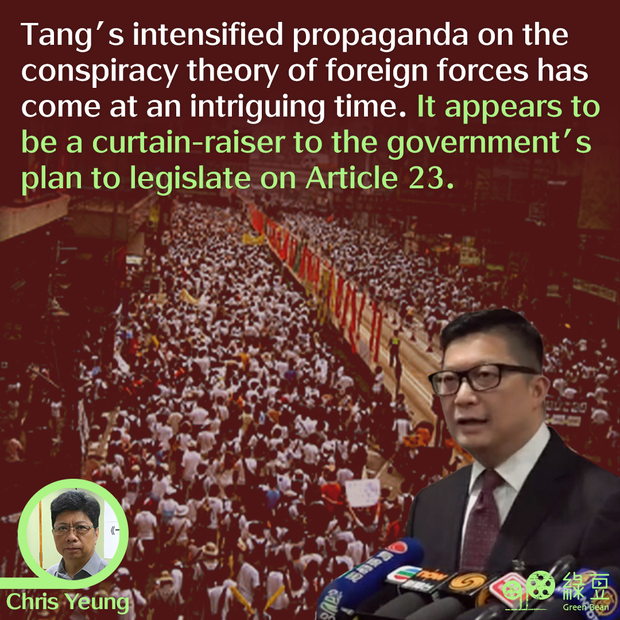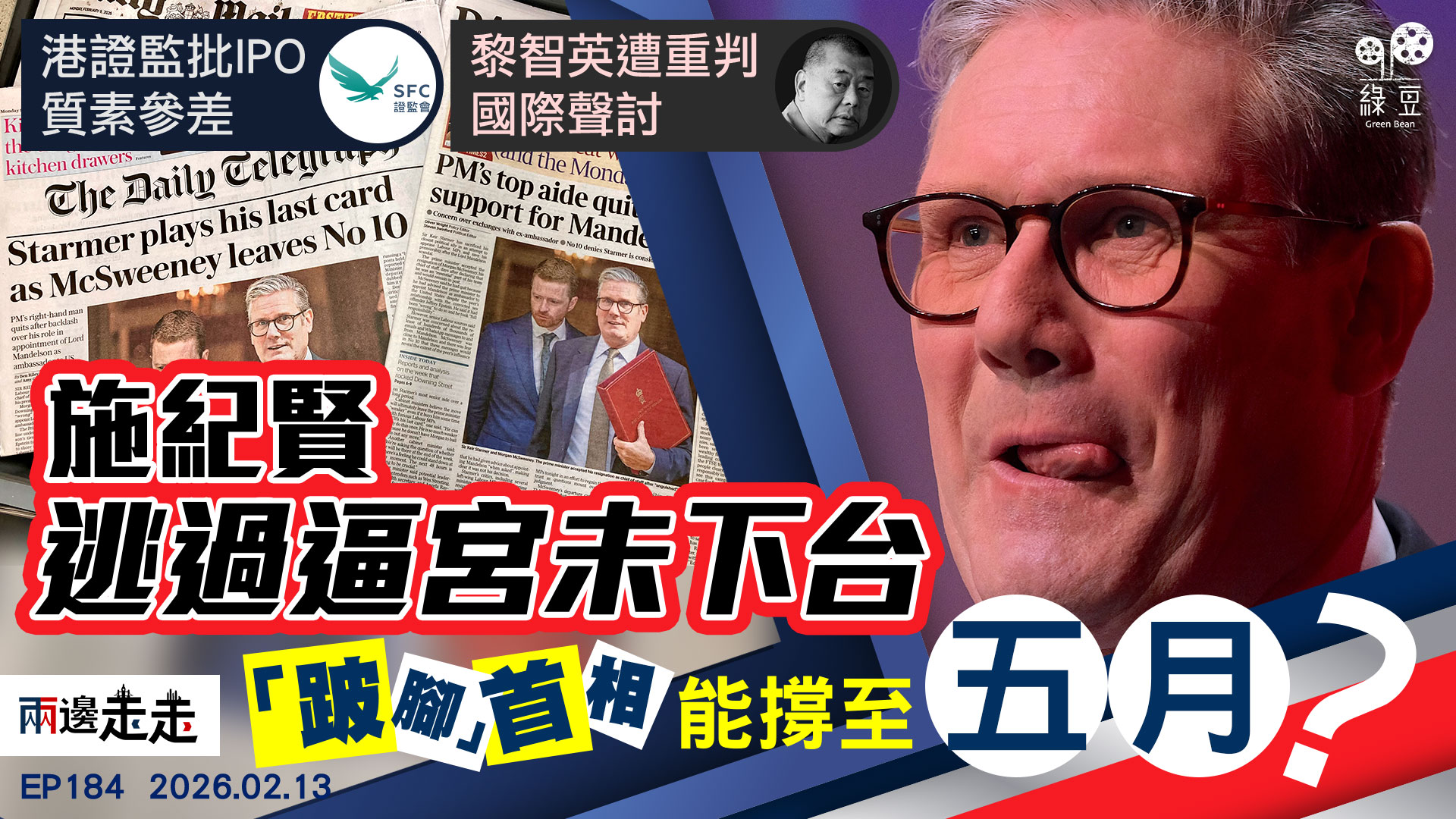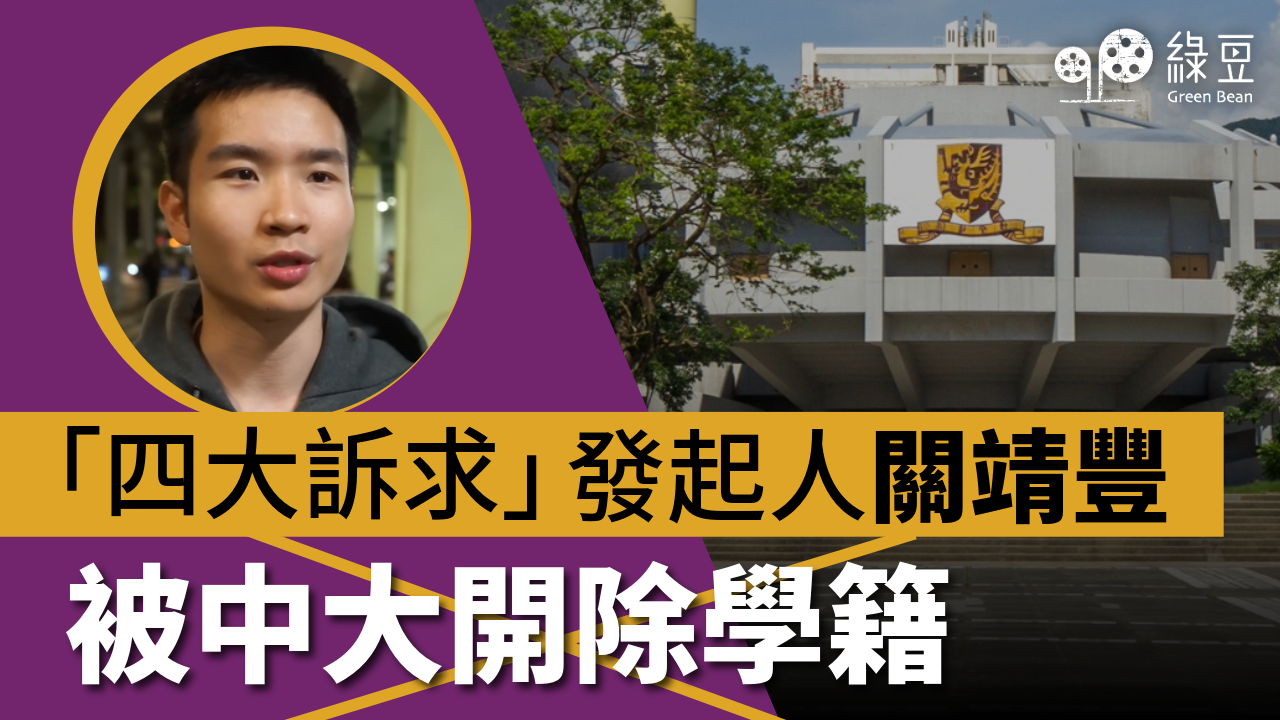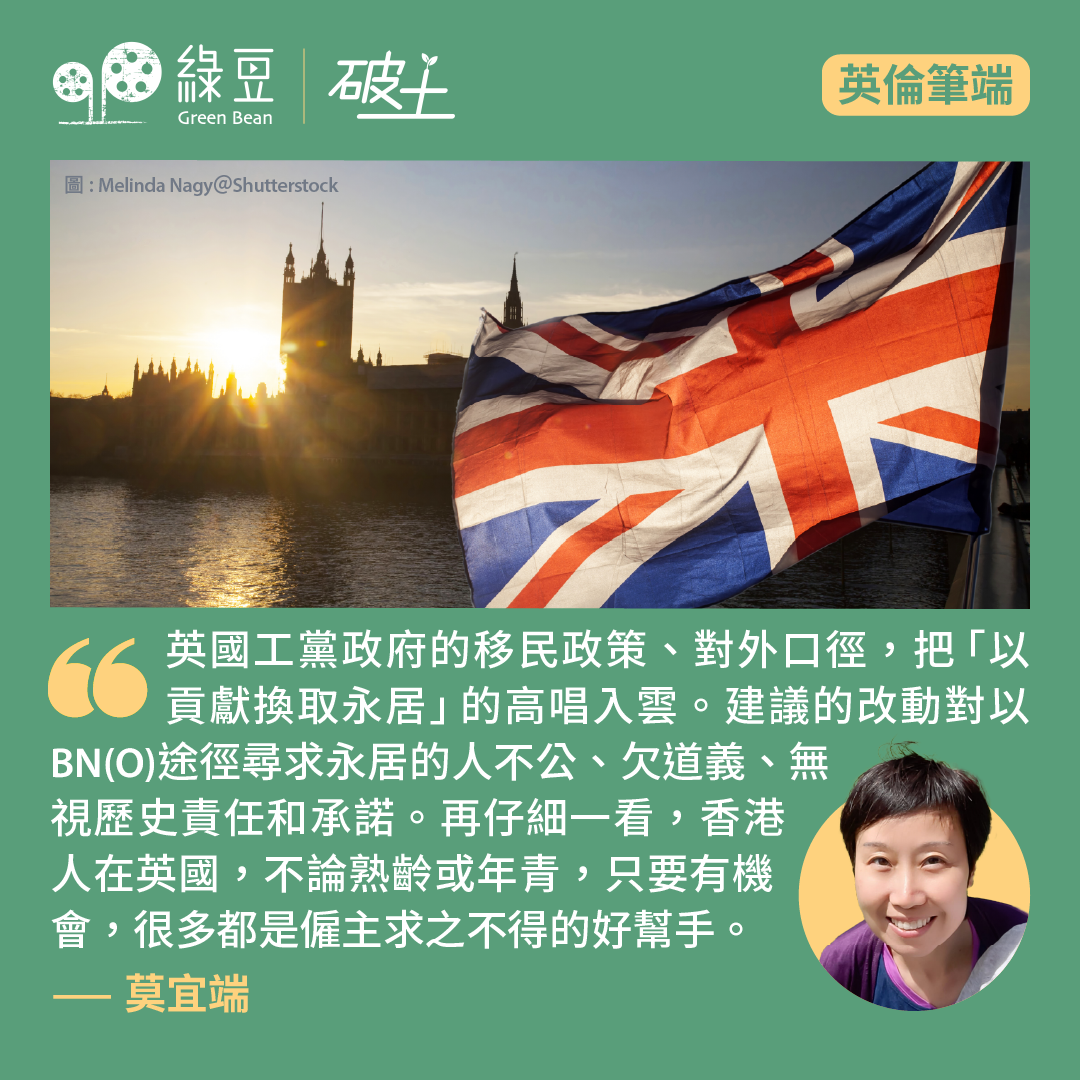The phantom of foreign forces lives on

Former chief executive Leung Chun-ying said it. His successor Carrie Lam Cheng Yuet-nor ditto. John Lee, their successor, also said it. In one voice, they claimed foreign forces were behind the anti-government protests in 2003 and 2019. All without giving concrete evidence.
Tipped as a potential contender for the next chief executive, Secretary for Security Chris Tang went miles further fingering foreign forces for the political unrest that had erupted during a period of 16 years. Again, he did not give evidence, not even the identity of foreign forces, nor their alleged acts or speech.
In a video in Cantonese with English subtitles posted on Wednesday last week, Tang said external forces had already been attempting to “make use of Hong Kong” to harm national security even before 1997.
The 2003 protest was a test run of Hong Kong opposition “cultivated” by foreign forces to endanger national security, he said.
“The anti-Article 23 legislation procession at that time was a trial run for them. They found out that if social issues could be manipulated to create conflicts, they could call on many people to come out, making it difficult for the Government to administer.”
Tang’s verdict of the 2003 protests is in stark contrast with the response of the then chief executive Tung Chee-hwa to the 500,000-strong July 1 protest. Tung said he “fully understood” that residents valued human rights and freedoms.
Set against a sea of public grievances against policy fiasco and mishandling of the Sars (severe acute respiratory syndrome) crisis in 2003, the opposition against the anti-subversion legislation had emerged as the last straw on the back of the camel. The rest is history.
In the video, Tang said foreign forces were again featured in the 2012 protests against national education curriculum in schools, setting the scene for the 79-day Umbrella Movement.
According to him, agents for foreign forces had incited Hongkongers to use violence, starting with the 2016 Mong Kok street standoff.
Violent clashes between protesters and police broke out in Mong Kok during Lunar New Year that year after authorities attempted to clear street hawkers, some selling fish-balls, a popular Hong Kong-style snack.
Then came 2019. Tang claimed unidentified foreign agents incited Hongkongers to protest against the extradition bill by “releasing fake news, false information and advocating violence.”
“External forces also made use of their media to make inaccurate and biased reports around the world.”
“This rapidly fuelled the momentum of those advocating ‘Hong Kong independence,’ and resulted in the unprecedented large-scale riots in Hong Kong and gradually pushed the city towards the direction of ‘colour revolution’,” said Tang.
Protests against the extradition bill championed by Carrie Lam and John Lee, who was the security chief then, grew fierce in June when the Government attempted to bulldoze it at the loyalists-controlled legislature.
It was subsequently shelved. Both Lam and Lee had attributed the setback to their failure to explain the bill clearly to the public.
Citing the size of the crowd and the seemingly organised tactics such as dissemination of information during protests and propaganda, the Government and pro-Beijing camp acted swiftly later to finger the culprits on the pan-democrats and the “foreign forces” behind them.
Four years on, the Government has not yet provided concrete evidence showing who the foreign forces and agents were and how they had orchestrated the months-long, territory-wide protests.
It is unclear whether the upcoming trial of the Next Media case will shed some light on the foreign forces that might have lurked in the dark and under the sunlight even before 1997.
Although Tang has made an inflated claim of the alleged involvement of foreign forces in all major political protests in the city since 1997, he gave no new substance.
Never mind the first of his serial videos on national security has not been given prominent coverage by the media.
The conspiracy theory of foreign forces has not been vigorously challenged by the media and in society. Though never proven with evidence, it is equally difficult to rule out the alleged play of unnamed foreign forces in those previous major protests.
Tang’s intensified propaganda on the conspiracy theory of foreign forces has come at an intriguing time. It appears to be a curtain-raiser to the government’s plan to legislate on Article 23.
John Lee has indicated he is hoping to finish the legislative work by next year. Among the key targets in the new legislation are spies and foreign agents.
Regina Ip, who was security minister in charge of the Article 23 legislation, bowed out after the 2003 protest. She has earlier reminded the Government to make an early start of public education, aka propaganda, before legislative work begins.
Her words have apparently been well taken seriously by her successors.
▌[At Large] About the Author
Chris Yeung is a veteran journalist, a founder and chief writer of the now-disbanded CitizenNews; he now runs a daily news commentary channel on Youtube. He had formerly worked with the South China Morning Post and the Hong Kong Economic Journal.





